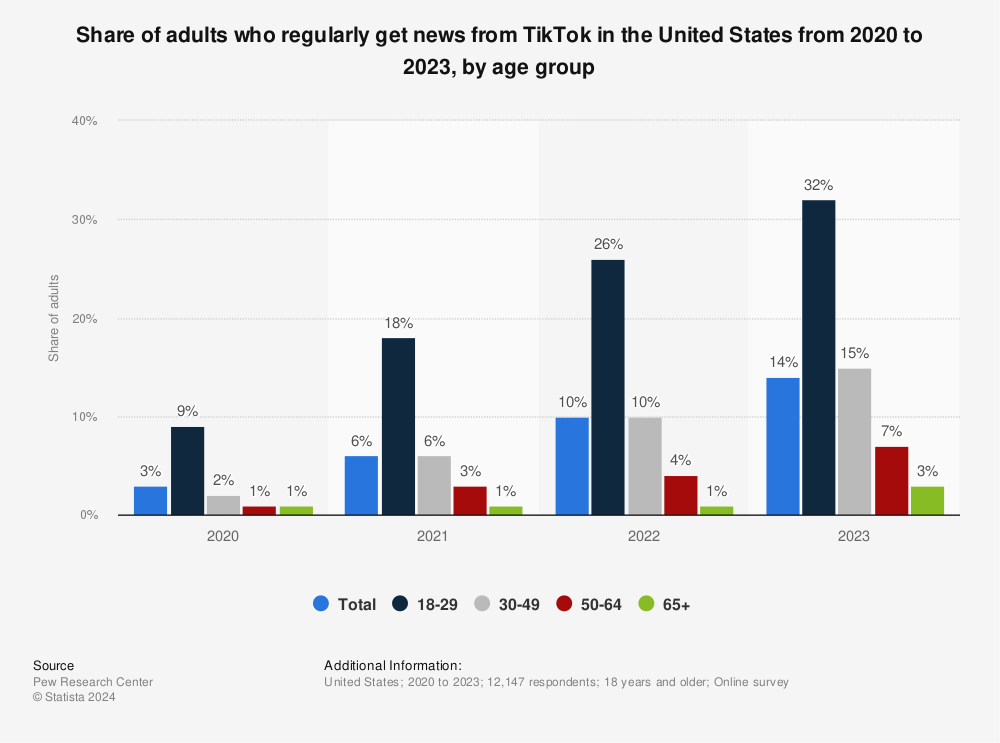Traditional media models are becoming obsolete
In a significant move that underscores the shifting dynamics of news consumption, Newshub has announced the closure of its television newsroom in New Zealand.
As audiences increasingly turn to the internet for immediacy, the Newshub closure highlights that traditional news models are becoming obsolete, many are unsuccessfully trying to adjust to meet the demands of a rapidly evolving landscape.
Unfortunately Newshub couldn’t achieve this.
Scheduled news delivery is becoming increasingly outdated
The traditional model of news delivery, centred around scheduled television broadcasts, is struggling against the digital environment. In an era where information is expected to be immediate, waiting for the evening news bulletin feels “old-school”.
This model also struggles to compete with the personalised news experiences offered by digital platforms, where algorithms curate content based on individual preferences and browsing habits.
Changing Audience Preferences
Audience preferences have shifted significantly in recent years. Younger generations, in particular, prefer to consume news on digital platforms rather than through traditional television.
They value interactive and multimedia content, such as videos, podcasts, and infographics, which provide a more engaging and immersive news experience. Traditional television news, with its rigid format and limited interactivity, often fails to meet these expectations.
The Role of Social Media
Social media platforms have become major players in the news ecosystem. Sites like Facebook, Twitter, Instagram, and TikTok are not just sources of entertainment but also key channels for news distribution.
These platforms enable users to share news stories, comment on events, and engage in discussions, creating a dynamic and participatory news environment. TikTok, in particular, has emerged as a powerful medium for news, especially among younger audiences. With its short, engaging video format, TikTok allows news organisations to reach a wide audience quickly and effectively.
This interactivity contrasts sharply with the passive consumption of television news, further contributing to the decline of traditional models. Newshub’s decision to shut down its traditional television newsroom is a strategic, and financial response to these changing dynamics.
Share of adults who regularly get news from TikTok in the United States from 2020 to 2023, by age group
The Rise of Digital News Consumption
The internet has revolutionised the way people access news. With the advent of smartphones, tablets, and other portable devices, news is now available at the touch of a button. This has made digital platforms the preferred choice for many.
The majority of New Zealanders now get their news online, often through social media and news apps. This shift has led to a decline in traditional television viewership, prompting news organisations to reconsider their futures.
Instant Access to Information
The demand for instant news has been a driving force behind this transition. Unlike traditional television broadcasts, which are scheduled at specific times, digital platforms provide 24/7 access to news updates. This continuous availability aligns with the fast-paced nature of modern life, where audiences expect to stay informed on current events in real time.
The Impact of AI on News Delivery
Artificial intelligence (AI) has had a profound impact on the news industry. AI has enhanced the efficiency and accuracy of news gathering and dissemination. Advanced algorithms can sift through vast amounts of data, identifying trends and important stories more quickly than human reporters.
This capability allows newsrooms to deliver timely and relevant content to their audiences.
AI in News Gathering
AI can monitor social media platforms, online forums, and other digital sources to identify emerging stories. They can also analyse data to predict potential news events, giving newsrooms a head start in their reporting.
For instance, AI can track weather patterns, political developments, and social trends, providing valuable insights that help journalists stay ahead of the curve.
News delivery has evolved, traditional media took too long to react
The closure of Newshub’s traditional television newsroom marks the end of an era, but it also reflects the changing face of news delivery. As digital platforms and AI continue to evolve, they will undoubtedly shape the future of journalism in profound ways.
The challenge for newsrooms will be to adapt to these changes while maintaining the core principles of journalism: accuracy, integrity, and a commitment to informing the public.
The ones that still survive, must embrace innovation
Innovation will be key to staying relevant in the ever-changing news landscape. News organisations must be willing to experiment with new technologies and formats, from virtual reality news experiences to AI-driven investigative journalism.
By embracing innovation, they can engage audiences in new and exciting ways.
today, the integrity of the news itself is even under question
Upholding ethical standards will be key
As the news industry becomes increasingly digital, it is crucial to uphold ethical standards and ensure that technology is used responsibly. This includes protecting user privacy, avoiding biases in AI algorithms, and being transparent about the use of AI in news production.
Change will continue at a frightening pace
The Newshub decision to move away from traditional television is a reflection of broader trends in many industries. The rise of digital platforms, the impact of AI, and changing audience preferences are driving a fundamental shift in how many services are delivered and consumed.
The pace of this change will only get quicker…






